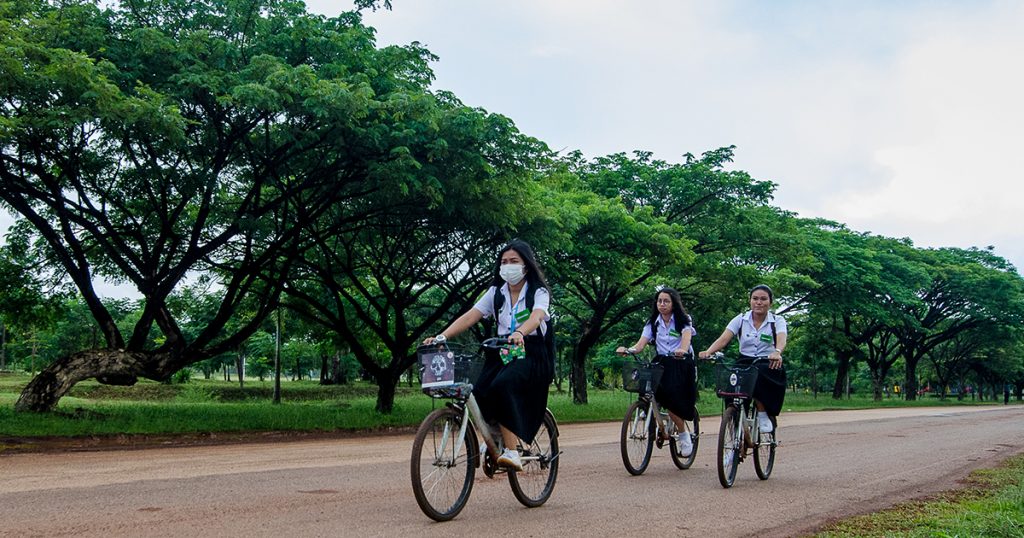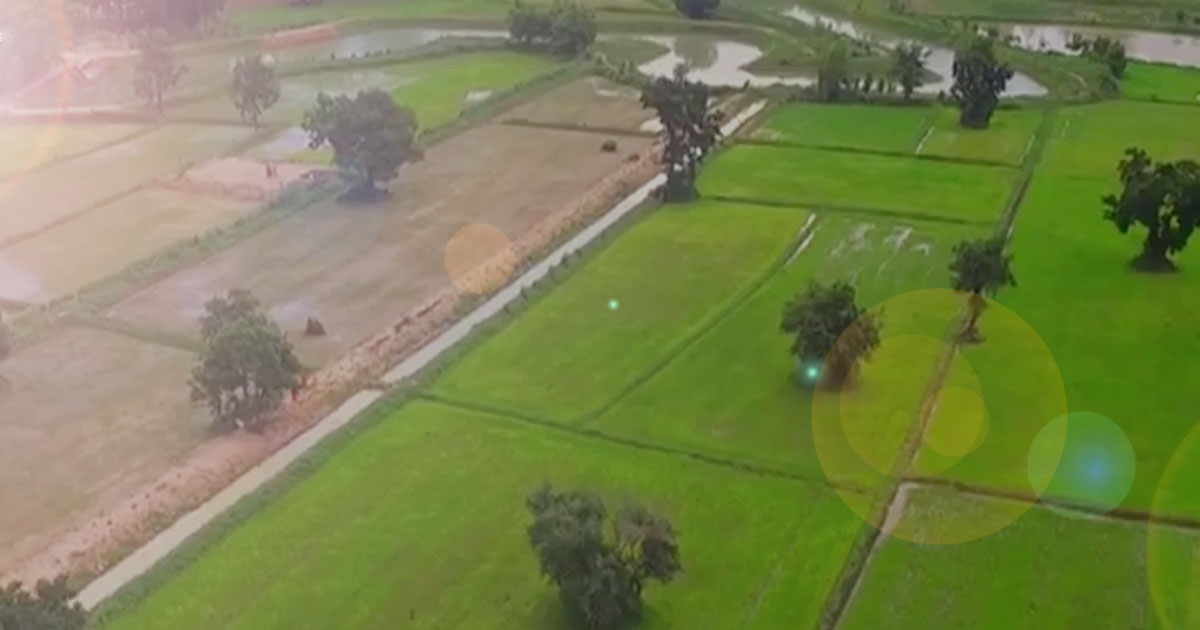Kasetsart University, Thailand’s first specialized agricultural university and one of the most prestigious universities in the nation, has had a comparative advantage with regard to sustainable development since its inception by the university’s three co-founders (Luang Suwan Vajokkasikij, Phra Chuangkasetsinlapakan, Luang Ingkhasikasikan) and laid the foundations of agricultural education in Thailand through the nurturing and promotion of agriculture and farmers’ skills in 1943. This can be evidenced from the number of centers and research stations in every region in Thailand that help local communities in a sustainable manner.

Over the course of achieving excellence in academic and research capabilities, Kasetsart University has expanded its curriculum to cover many other subject areas as well. It is still internationally known for its top-tier research and programs in agriculture, tropical forestry, agro-industry, fisheries and engineering. Today, in addition to agricultural sciences, KU also offers courses in science, arts, social sciences, humanities, education and architecture. KU has four campuses in Thailand, with Bang Khen campus in Bangkok as its flagship campus. There are around 67,000 students enrolled at KU, including over 200 international students, thus making it one of the largest universities in Thailand.
In 2015, Kasetsart University became a public-autonomous university. In line with Kasetsart University’s Act (2015) under section 7, KU laid out its vision as “Kasetsart University aims to provide ‘Knowledge of the Land’ to promote sustainable development in our country in order to be internationally recognized.” For the purpose of successfully carrying out such a vision, KU founded a new school, the School of Integrated Science (SIS). Since 2016, all KU students have studied a course called Knowledge of the Land (0199911), which is a required general education core subject (p.7 in the Gen Ed Manuals below). Through its successful completion, students are able to construct knowledge of the land for the well-being of the nation. The course employs the teaching methods of active learning, project-based learning, digital-based learning and work-integrated-based learning.
Website SIS: https://sis.ku.ac.th/klsd/#
